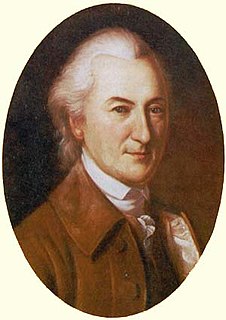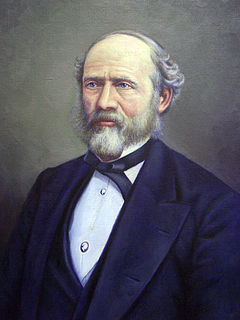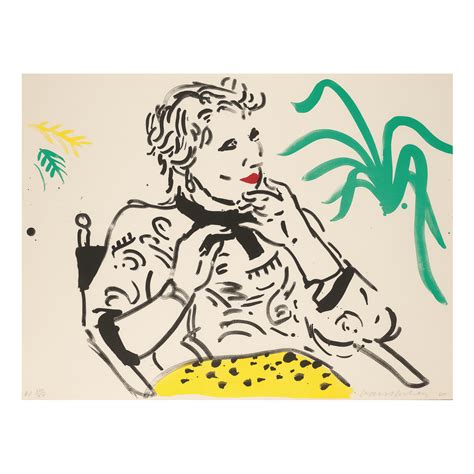A Quote by C. S. Lewis
Thus the criminal ceases to be a person, a subject of rights and duties, and becomes merely an object on which society can work. And this is, in principle, how Hitler treated the Jews. They were objects; killed not for ill desert but because, on his theories, they were a disease in society. If society can mend, remake, and unmake men at its pleasure, its pleasure may, of course, be humane or homicidal. The difference is important. But, either way, rulers have become owners.
Related Quotes
If we have nothing to do but service our own pleasure - because society has taught us that's all we're worth and we're exiled from positions of authority from which we could actually shape society - then we just become hedonists. Eventually, despite how great it may look on Saturday night, come Monday morning there's just purposelessness.
If any country were indeed filled with men, each thus diligently discharging the duties of his own station without breaking in upon the rights of others, but on the contrary endeavoring, so far as he might be able, to forward their views and promote their happiness, all would be active and harmonious in the goodly frame of human society.
I have never said that human society ought to be aristocratic, but a great deal more than that. What I have said, and still believe with ever-increasing conviction, is that human society is always, whether it will or no, aristocratic by its very essence, to the extreme that it is a society in the measure that it is aristocratic, and ceases to be such when it ceases to be aristocratic. Of course I am speaking now of society and not of the State.
The child begins life as a pleasure-seeking animal; his infantile personality is organized around his own appetites and his own body. In the course of his rearing the goal of exclusive pleasure seeking must be modified drastically, the fundamental urges must be subject to the dictates of conscience and society, urges must be capable of postponement and in some instances of renunciation completely.
The society of Christendom and especially of Western Christendom up to the explosion, which we call the Reformation, had been a society of owners: a Proprietarial Society. It was one in which there remained strong bonds between one class and another, and in which there was a hierarchy of superior and inferior, but not, in the main, a distinction between a restricted body of possessors and a main body of destitute at the mercy of the possessors, such as our society has become.
As in forming a political society, each individual contributes some of his rights, in order that he may, from a common stock of rights, derive greater benefits, than he could from merely his own; so, in forming a confederation, each political society should contribute such a share of their rights, as will, from a common stock of these rights, produce the largest quantity of benefits for them.
The dissolution of society bids fair to become the termination of a career of which property is the end and aim, because such a career contains the elements of self-destruction. Democracy in government, brotherhood in society, equality in rights and privileges, and universal education, foreshadow the next higher plane of society to which experience, intelligence and knowledge are steadily tending.
If a man speculates on what 'society' should do for the poor, he accepts thereby the collectivist premise that men's lives belong to society and that he, as a member of society, has the right to dispose of them...that psychological confession reveals the enormity of the extent to which altruism erodes men's capacity to grasp the concept of rights or the value of an individual life.
The classics of Marxism talked of communism as a society to which a modern society should aspire, a society truly fair, where the relations of monetary exchange were not the priority but one wher the people's needs could be satisfied, and where people would not be worth more according to how much monetary wealth they acquired. Instead their value would be based on their contribution to society as a whole. It would be a society without class that would accept people based on their capabilities and their potential to contribute to that society.




































